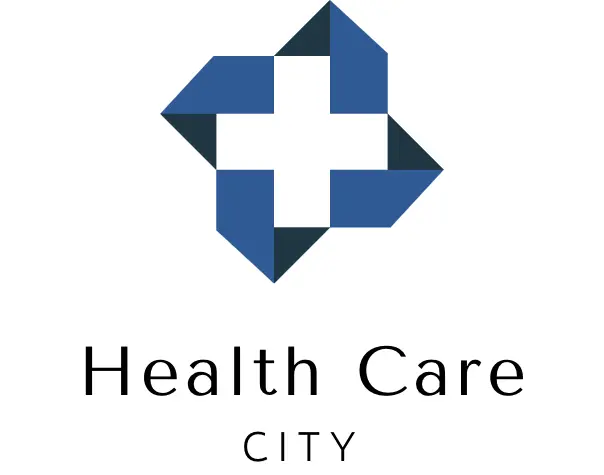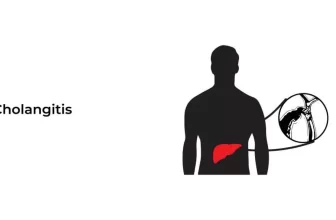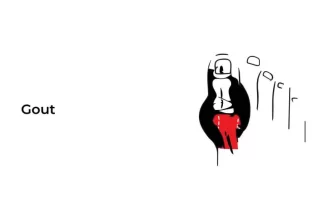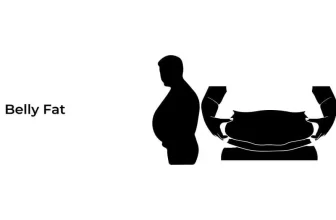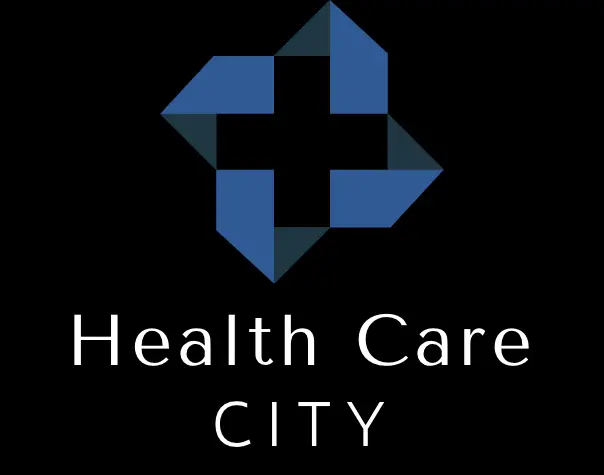Introduction:
Diverticula are small, bulging pouches present in the digestive system lining; these are primarily found in the lower part of the large intestine. Diverticula rarely cause any problem in the body, and it is common in people forty years of age or above. The presence of these pouches in the intestines is called Diverticulosis, while Diverticulitis is the infection or inflammation of pouches in the intestine. Though Diverticulitis is a minor disease, it can be turned into severe with perforation or infection of the bowel.
Causes:
There isn’t any specific cause behind developing Diverticular disease (Diverticulitis and Diverticulosis), but your genes play an essential role in their development. Some of the leading causes of Diverticular disease are the following:
- Diverticula in your intestine can be inflamed or infected when they tear or are blocked by the feces.
- Harmful germs in your gut.
- Growing age is another reason behind the development of this problem because it is more likely to happen in people over 40.
- Having a low fiber diet.
- Obesity or being overweight.
- Smoking Cigarettes also causes inflammation or infection in pouches, leading to Diverticular disease.
- A low level of physical activity.
- Consuming a lot of fats or red meat.
- Usage of certain drugs such as steroids, opioids, and nonsteroidal anti-inflammatories such as naproxen and ibuprofen.
Symptoms:
Some common symptoms of Diverticulitis and Diverticulosis are the following:
- Fever
- Abdominal tenderness
- Nausea
- Vomiting
- Constipation
- Thin stools
- Bloating
- Bright red blood in poop
- Diarrhea
- Pain in the lower left side of the Abdomen is constant and persists for several days, and increases when the area is touched.
When to See a doctor:
Contact your doctor immediately if you feel constant and persistent abdominal pain and fever, constipation, or Diarrhea.
Diagnosis:
The symptoms of Diverticulitis and Diverticulosis also look like some other diseases, so it isn’t easy to diagnose them. During diagnosis, your doctor will ask about your medical history, including your current symptoms, medications, bowel movements, and foods you usually eat. Your doctor will also do a physical exam for disease diagnosis, and women must get a pelvic exam. For a complete diagnosis, your doctor may order the following tests:
- CT scan or X-ray for a thorough check-up of the intestine, surrounding tissues, and bones
- Urine, blood, and stool tests to find infection
- Colonoscopy can also be conducted in which a light and Flexible tube is used to examine the intestine.
- A liver enzyme test to eliminate liver problems
- A digital rectal exam can be performed to detect the problem in your anus or rectum.
In acute cases, your doctor suggests only CT scans because coloscopy can also injure your intestine, and this method is used only in severe cases.
Treatment:
Once Diverticula develops in your body, surgery is the only procedure to remove it. But you can minimize the chances of developing an infection in pouches by changing your diet and using antibiotics. In mild cases of Diverticulitis and Diverticulosis, your doctor recommends a high-fiber diet to move your bowels regularly and reduce the development of Diverticulitis. Moreover, mild Diverticulitis infection can also be treated through stool softeners, bed rest, a liquid diet, antibiotics, and possibly antispasmodic drugs.
If the condition gets severe, you will probably be hospitalized to receive intravenous antibiotics. To give time for recovery of the colon, you can also be fed intravenously. For providing rest to the intestinal tract, your doctor may want to drain abscesses by performing a temporary colostomy. If your intestine gets ruptured or you have peritonitis, you’ll need surgery:
There are two main types of surgeries that are used in the treatment of Diverticulitis and Diverticulosis:
- Primary bowel resection: The surgeon can remove the diseased part of the intestine and reconnect it with a healthy one. After that person gets, it’s regular bowel movements.
- Bowel resection with colostomy: This technique can be used if there is so much swelling in pouches that your surgeon can’t reconnect your colon to your rectum. In this process, an opening in the abdominal wall can be created by a doctor so that the waste can flow into a bag. When the inflammation has passed, the surgeon can reconnect the bowels.
The treatment method mainly depends on the seriousness and type of complication you have.
Risk factors:
Several factors increase the risk of Diverticulitis and Diverticulosis:
- Aging: The risk of developing diverticulitis increases with growing age.
- Obesity: Being obese or overweight can increase the risk of Diverticulitis.
- Lack of physical activity: Strong and healthy exercises can lower the risk of developing Diverticulitis and Diverticulosis.
- Smoking: People who smoke cigarettes have a greater chance of developing Diverticulitis and Diverticulosis than non-smokers.
- Certain medications: Several drugs increase the risk of Diverticulitis and Diverticulosis, including steroids and opioids. Nonsteroidal anti-inflammatory drugs such as naproxen, sodium, and ibuprofen can also increase the risk of Diverticulitis and Diverticulosis.
- Diet high in animal fat and low in fiber: A low fiber diet with a high intake of animal fat can also increase the risk of developing Diverticulitis and Diverticulosis.
Complications:
If Diverticulitis cannot be treated at the proper time, it can lead to severe complications which require surgery. The complications caused by Diverticulitis are the following:
- Abscesses: A collection of pus usually caused by the bacterial infection, which may be formed around the infected diverticula. You may develop peritonitis if it goes through the intestinal wall.
- Scarring: Scarring can lead to blockage and stricture of the intestine.
- Perforation or tearing: When the perforation and tearing happen in the intestinal wall, it can lead to infection and abscesses because the waste leaks into the abdominal cavity.
- Fistula: Fistula is an abnormal connection between two body parts, such as the organ and blood vessel. It can be developed if the infected diverticulum reaches the organ present nearby; it mostly happens between the bladder and large intestine. It can also develop between the larger intestine and skin or between the large intestine and vagina. This complication leads to kidney infection.
Stricture: It happens when the affected colons can narrow the area.
Prevention:
You have to develop the following habits to prevent Diverticulitis:
- Regular Exercise: Exercise can promote normal bowel functioning and reduce the pressure inside the colon. Try to do exercise for 30 minutes daily.
- Avoid smoking: Avoid smoking because it is associated with the risk of Diverticulitis.
- Using a High-fiber diet: High-fiber foods such as whole grains, fresh fruits, and vegetable softens the waste material and easily pass through the colon, which is helpful in the prevention of Diverticulitis.
- Drink plenty of fluids: Drink plenty of water and other fresh juices to prevent Diverticulitis.
References:
- https://www.healthline.com/health/diverticulitis retrieved on April 22, 2022.
- https://my.clevelandclinic.org/health/diseases/10352-diverticular-disease retrieved on April 22, 2022.
- https://www.nhs.uk/conditions/diverticular-disease-and-diverticulitis/ retrieved on April 22, 2022.
- https://www.mayoclinic.org/diseases-conditions/diverticulitis/symptoms-causes/syc-20371758 retrieved on April 22, 2022.
- https://www.webmd.com/digestive-disorders/understanding-diverticulitis-basics retrieved on April 22, 2022.
